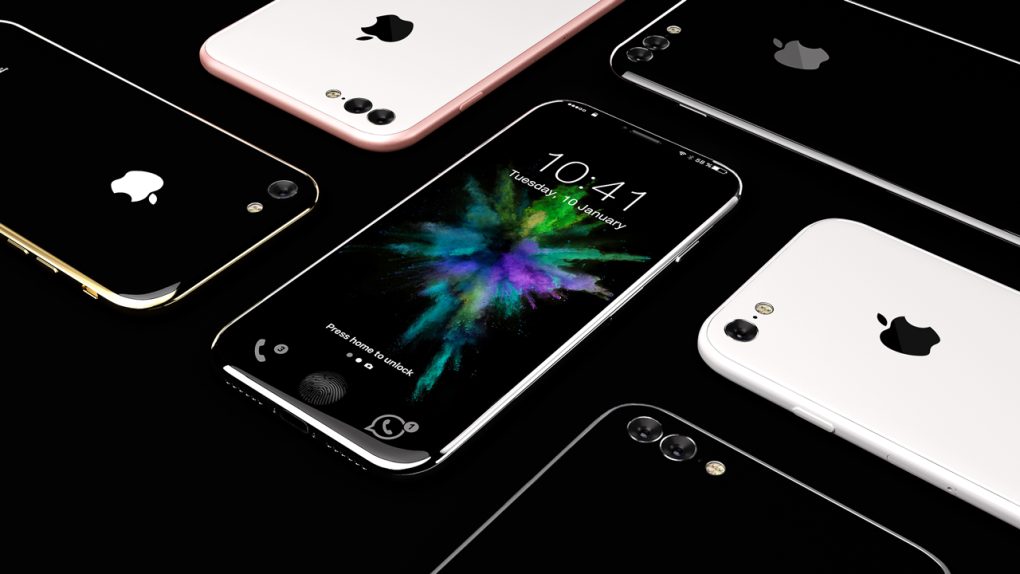The iPhone 8 will be unlike any iPhone Apple made to date when it comes to design and features. It’ll have a large bezel-free display, no home button, a fingerprint sensor embedded in the screen, and wireless charging. But there are also other differences you won’t appreciate. The entry price for the iPhone 8 will be a lot higher than what a new iPhone usually costs, and the handset might not be available in stores in mid- to late September, as we all expect.
A new report from Digitimes indicates that TPK Holding will supply new thin film-based touch sensors for the AMOLED iPhone. There’s nothing exciting about this particular type of news, as new devices often need new specialized components to handle some task.
In this case, the touch sensors are required to enable 3D Touch on the upcoming iPhone, and it’s unsurprising to hear that Apple has been developing new 3D Touch tech for the upcoming iPhone.
However, the report says the component is 60% more expensive than the iPhone 7’s 3D Touch sensors. The price went up from $9 (iPhone 7) to $15 (iPhone 8). This is indirect proof that seems to further cement the idea that the iPhone 8 will be more expensive to manufacture. With Apple likely interested in maintaining its margins, the extra costs will likely be passed to the consumer.
The component is more expensive because “3D Touch modules for use in the new iPhone equipped with AMOLED panels involves a more complicated manufacturing process and adoption of thin film-based touch sensors.”
The report also notes that TPK will begin supplying the film-based touch sensors in the fourth quarter of 2017, a detail that seems to suggest Apple might not be able to launch the iPhone 8 in September.
At least two other reports said that certain iPhone 8 components might force Apple to delay the production start for the iPhone 8, including the new ultrasound-based Touch ID fingerprint sensor that’s going to be built into the display and an advanced 3D camera system that might be used for augmented reality and facial recognition features.
It’s likely these sophisticated components will also be rather expensive to make, which would further explain why Apple will increase the starting price for the handset.








